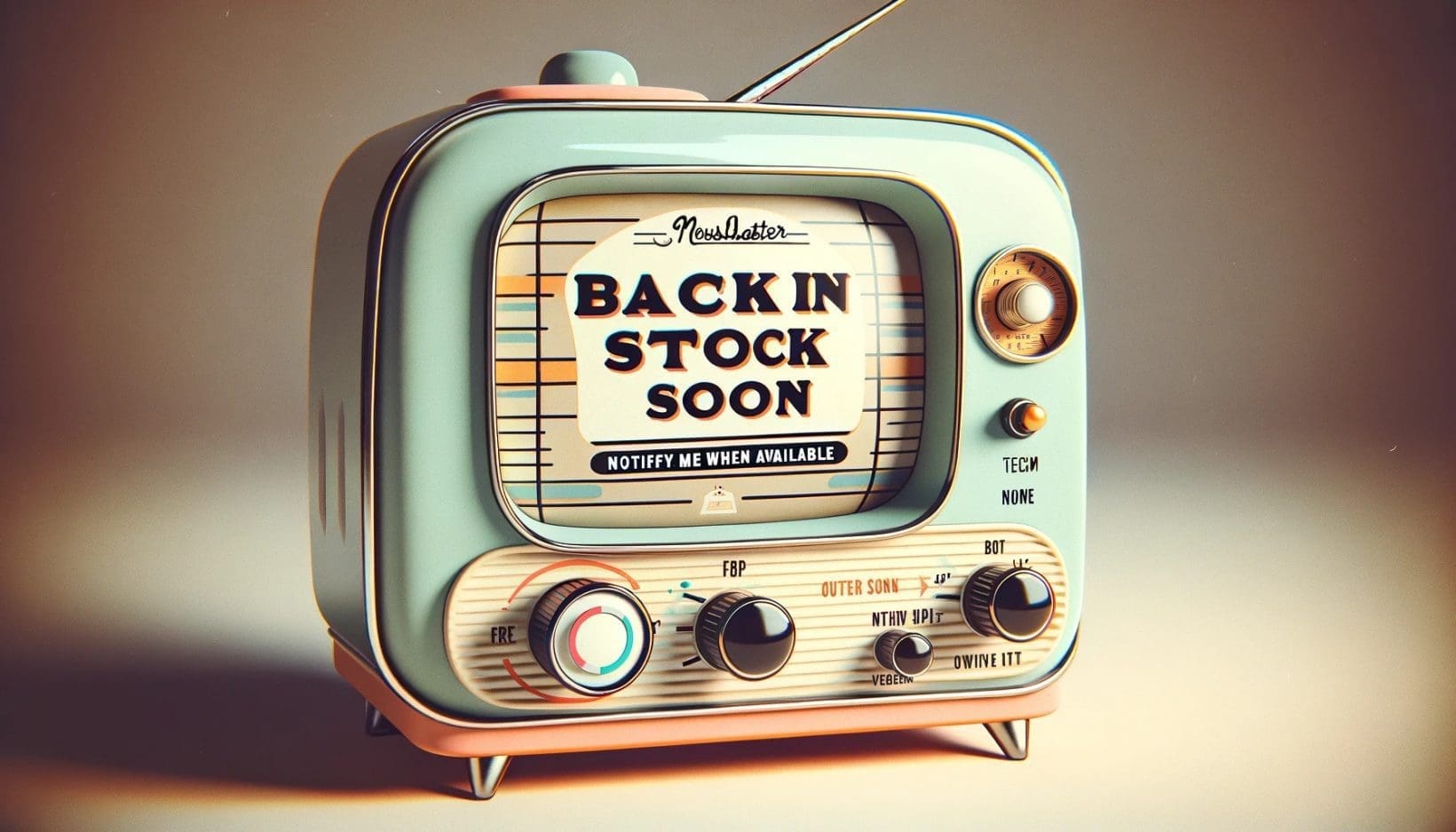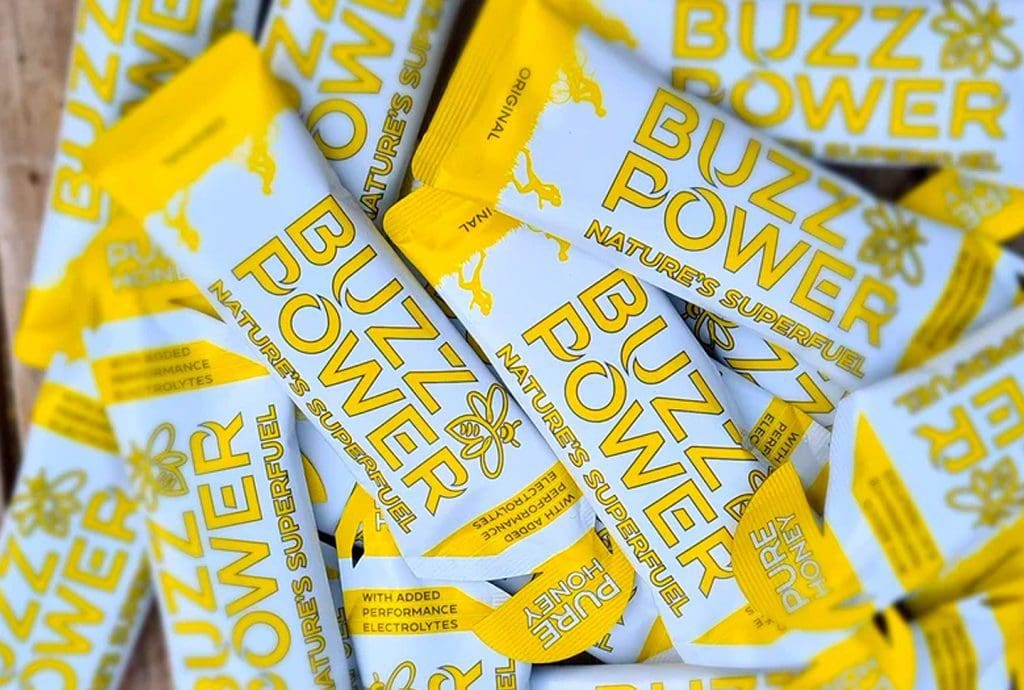Useful Guides
A Simple Newsletter Signup Strategy for Shopify Stores
How to capture customer interest when a product is out of stock.
In the fast-paced world of e-commerce, keeping your customers engaged even when your hottest products are out of stock is crucial. For Shopify store owners, every visitor landing on a product page represents a potential future sale, and an opportunity to grow your audience. But how can you turn the disappointment of an out-of-stock product into a promising engagement? The answer might be simpler than you think: a custom newsletter signup form directly on your product pages.
The Opportunity in Disappointment
When customers find that the product they’re interested in is unavailable, their initial disappointment can actually be a golden opportunity for your business. Instead of letting them leave your site, why not invite them to sign up for your newsletter? This way, they can be the first to know when the product is back in stock. Not only does this offer a service to your customer, but it also grows your mailing list, providing a direct channel for future promotions, product launches, and news.
Implementing a Custom Signup Form
(Without an App)
Many Shopify store owners rely on apps to add functionality to their sites. While apps can be incredibly useful, they often come with additional costs and can slow down your site. If you’re looking to implement a newsletter signup form without the added overhead of an app, here’s a straightforward solution you can integrate into your existing product pages.
Step-by-Step Guide
- Identify the Need: Recognise that every visitor on an out-of-stock product page is a potential subscriber who shows interest in your products.
- Custom Form Creation: Instead of relying on pre-made snippets or apps, you can create a simple form that captures email addresses. Here’s a basic template you can adapt:
This approach should integrate seamlessly with the Dawn theme or similar Shopify themes, allowing you to engage visitors and potentially convert them into subscribers and customers, even when the desired product isn’t immediately available.
{% if product.available %}
<!-- Product form and add-to-basket button go here -->
<!-- This is where the existing code for displaying the product's purchase options is placed -->
{% else %}
<!-- Product is out of stock, show a custom newsletter signup form with consent checkbox -->
<div class="newsletter-signup">
<h3>Sign up for updates</h3>
<p>Enter your email address to receive updates when this product is back in stock.</p>
<form action="/account/contact" method="post" id="contact_form" accept-charset="UTF-8">
<input type="email" name="contact[email]" id="ContactFormEmail" placeholder="Your email address" required>
<!-- Consent Checkbox -->
<div class="consent-checkbox">
<input type="checkbox" id="email-marketing-consent" name="contact[tags]" value="newsletter, consented to email marketing" required>
<label for="email-marketing-consent">I agree to receive marketing emails.</label>
</div>
<input type="submit" value="Subscribe">
</form>
</div>
{% endif %}
- Compliance and Customisation: Ensure your form is compliant with privacy laws by including necessary consent checkboxes. Customise the form’s styling to match your site’s theme, making the signup invitation both seamless and inviting.
- Integration Considerations: If you use an email marketing tool, adjust the form action URL or include additional hidden fields as required by your tool for seamless integration.
- User Experience: Enhance the user experience by providing immediate feedback after form submission, such as a thank-you message or redirection to a confirmation page.
The Benefits for Your Business
Implementing a custom newsletter signup form for out-of-stock products can transform a moment of customer frustration into a positive engagement opportunity. By offering visitors the chance to stay informed, you’re not only enhancing their shopping experience but also building your email list—a valuable asset for any e-commerce business.
Furthermore, this approach demonstrates your commitment to customer service and keeps your audience engaged with your brand, even when the products they want aren’t immediately available. It’s a win-win: customers appreciate the proactive communication, and you cultivate a more loyal, engaged audience.
Final Thoughts
For Shopify E-Commerce SME Business Owners, agility and customer engagement are key to growth. By adopting simple, effective solutions like a custom newsletter signup form for out-of-stock products, you can leverage every site visit into a potential relationship and sale. This strategy is not just about capturing emails; it’s about fostering a community around your brand and keeping the conversation going, regardless of stock levels.
Remember, the goal is to turn temporary out-of-stock notices into lasting customer relationships. With this simple yet effective approach, you’re well on your way to achieving just that.

Ready to Transform Your Shopify Store’s Out-of-Stock Strategy?
Navigating the complexities of keeping your Shopify store engaging—even when facing out-of-stock challenges—requires innovative solutions and a strategic approach. Whether you’re looking to optimise your store for seasonal trends or enhance overall customer engagement, my tailored Shopify development services are here to help.
Don’t let out-of-stock situations slow down your business. With my expert guidance, you can turn potential setbacks into opportunities for growth, ensuring your store remains vibrant and profitable all year round.
Connect with me to discuss how I can elevate your Shopify experience or explore my Freelance Shopify Development Services to learn more about my comprehensive solutions designed to drive your success.
FAQs about Managing Out-of-Stock Products on Shopify
To display a product as out of stock on Shopify, ensure your inventory levels are accurately updated. Shopify automatically shows products as out of stock on your store’s frontend when inventory levels hit zero.
Yes, Shopify can notify you when a product is out of stock. You can set up inventory tracking in your Shopify settings, and the platform will alert you when items are running low or have been depleted.
Shopify allows you to continue selling products even when they are out of stock by enabling the “Allow orders” option in the product’s inventory settings. This is useful for items you know will be restocked soon.
Deleting sold-out items is not recommended unless you are certain they will not be restocked. Instead, consider indicating that the product is out of stock and potentially capturing customer interest through a newsletter signup for restock notifications.
Whether to hide out-of-stock products depends on your inventory turnover and restock plans. If items will be restocked soon, it’s beneficial to keep them visible with a note about restock timing or an option for customers to receive restock notifications.
You can set up restock notifications by integrating your Shopify store with email marketing tools or apps designed for this purpose. These tools can automatically notify customers when an out-of-stock product is available again.
Keeping out-of-stock products visible helps maintain SEO rankings and allows you to capture customer interest through restock notification signups, turning a potential loss into future sales opportunities. This could also work with seasonal products.
Encourage sign-ups by clearly stating the benefits (e.g., “Be the first to know!”) and making the signup process simple and straightforward. Offer an attractive and easy-to-find signup form on the product page.
Yes, Shopify supports selling products on pre-order. Adjust your product settings to allow purchases when products are out of stock and clearly communicate to customers that they are pre-ordering.
Strategies include setting up back-in-stock notifications, offering pre-orders, highlighting alternative products, and using the opportunity to build your email list through newsletter signups for notifications. This not only helps mitigate the immediate sales loss but also builds a relationship with potential customers for future engagement.
ARTICLES OF INTEREST

Guide: How to improve your shopify Conversion Rates
5 Quick Tips to improve your chances of making a sale on your e-commerce store
Recent projects
Published
Last Updated



